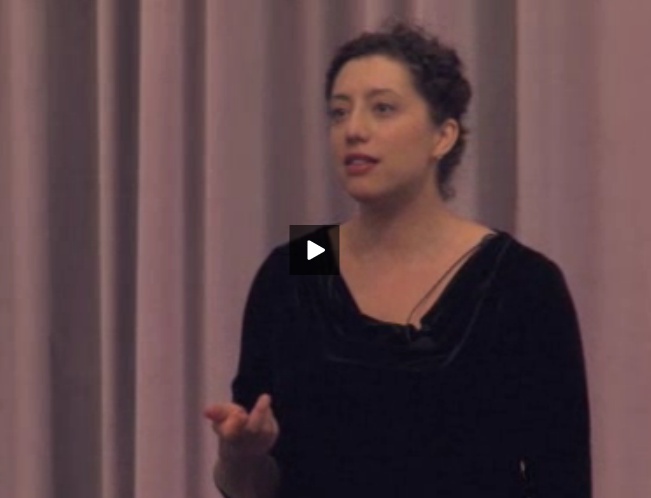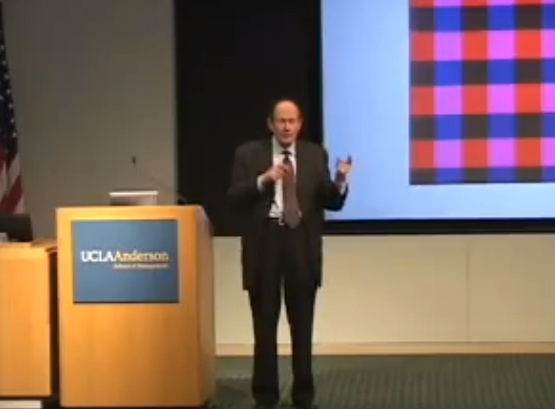University Video Description from UCLA: UCLA Psychology Diversity Science Initiative Lecture Series
May 31, 2012
Dr. Susan Fiske, Eugene Higgins Professor of Psychology
Princeton University
Abstract: Americans are becoming ever more aware of our huge social-class divides, for example in income inequality. Even outside socio-economic status, other forms of status divide us (Fiske, 2011). Status-comparison compels people, even as it stresses, depresses, and divides us. Comparison is only natural, but the collateral damage reveals envy upward and scorn downward, which arguably poison people and their relationships. Based on one of the Stereotype Content Model’s two primary dimensions, status/competence, several experiments-using questionnaire, psychometric, response-time, electro-myographic, and neuroimaging data-illustrate the dynamics of envy up and scorn down. All is not lost, however, as other experiments show how to mitigate the effects of envy and scorn.
Initial studies suggest the importance of status, as people value other people by their apparent social status (Cikara, Farnsworth, Harris, & Fiske, 2010). Other data show how scorn down minimizes thought about another’s mind; contempt deactivates mentalizing processes (Harris & Fiske, 2006). Turning to envy up, other studies demonstrate that Schadenfreude (malicious joy) targets envied outgroups (Cikara & Fiske, in press-a). However, counter-stereotypic information, empathy, and outcome dependency can mitigate both scorn and envy (Ames & Fiske, under review; Cikara & Fiske, in press-b; Harris & Fiske, 2007).


